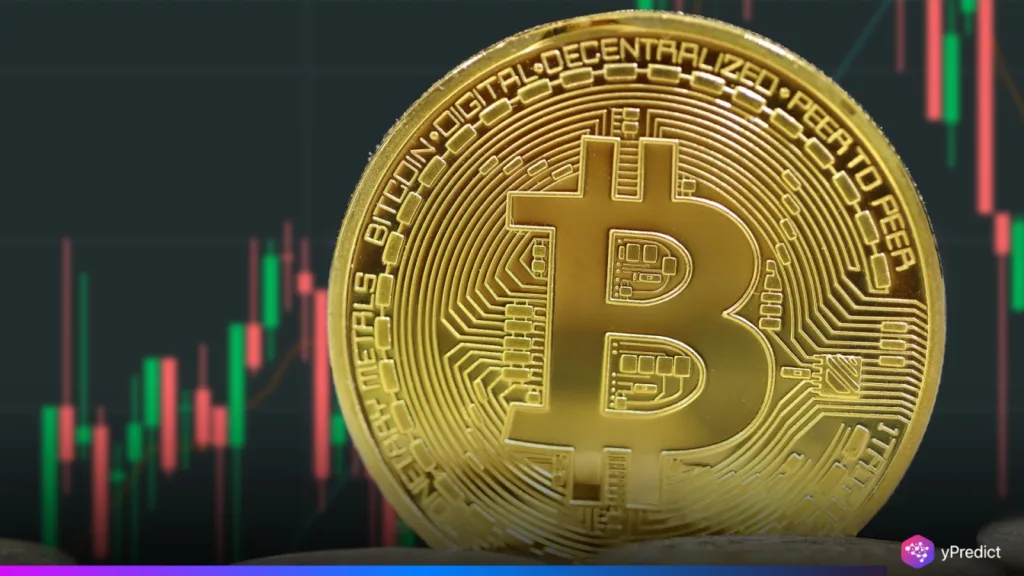
A new story from Japan’s retail and crypto markets has recently come to the surface after ANAP, a recently recognizable Japanese Fashion Retailer, announced it made a major investment into Bitcoin, and many have noticed. ANAP, known for its colorful clothing lines and longtime presence in Shibuya 109, announced that the company purchased over 1,000 BTC worth roughly ¥15 billion or nearly $100 million. In a market that has enjoyed and expected digital processes navigating towards emergence, this sounds like a drastic shift to investments in digital assets, surprising most wholesalers, retailers, and investors and consumers.
A Japanese Fashion Retailer Steps into Crypto
ANAP’s decision marks one of the most unexpected corporate moves of 2025. The brand, long associated with fast fashion for young women, has now positioned itself in the headlines for its direct embrace of cryptocurrency. ANAP’s significant investment in Bitcoin, with the company’s $1.2 million investment, demonstrates that lifestyle & apparel retailers can embrace the trend of global digital finance in a way that is not conventional.
Market watchers have observed that this capital allocation not only indicates ANAP’s capabilities in diversifying the company but also illustrates a wider cognizance of the Bitcoin passive investment trend as a hedge against worldwide vulnerability. ANAP’s strategic investment would counter the traditionally held belief that blockchain-exposed investments were exclusive to technology companies and fiscal creditors.
Aligning with Global Institutional Adoption
ANAP’s entry into cryptocurrency comes during a wave of accelerating institutional participation in Bitcoin. Reports show a consistent rise in companies incorporating digital assets into their balance sheets, a trend reinforced by regulatory frameworks such as the recent GENIUS Stablecoin Act. By joining this movement, ANAP has effectively signaled that fashion and lifestyle brands are no longer distant from financial innovation.
By acquiring more than 1,000 BTC, the company is demonstrating its belief in crypto as a long-term hedge against inflation and currency depreciation. Analysts say ANAP’s audacious move could inspire other Japanese companies, including those in the non-technology, non-finance sectors, to consider these options as well. The investment also positions ANAP as a forward-looking player, ready to blend retail identity with modern financial tools.
Economic Uncertainty Fuels the Move
The timing of ANAP’s Bitcoin Investment also highlights Japan’s evolving economic environment. As the global markets continue to work through the effects of economic volatility and inflation, it appears the company is using Bitcoin as a buffer against potential risks. Currency fluctuations (notably the U.S. dollar) have made long-term currency stability a concern for many corporations.
When ANAP purchased Bitcoin, it not only fulfilled its larger financial strategy, but it also sent the message to stakeholders that this brand is confident in its ability to pivot, experiment, and mitigate multi-faceted risk in difficult and uncertain spaces. This transition reflects former data indicating that interest in corporate adoption of cryptocurrency is rising, but it feels more jarring coming from a fashion retailer than from a technology-facing business.
A Signal to the Broader Retail Industry
The move by this Japanese Fashion Retailer may spark ripple effects across the retail landscape. Observers of the industry think ANAP’s investment has the potential to reshape the perception of how consumer brands utilize their reserves and pursue growth. The decision underscores the continual convergence of retail culture and financial innovation and will pave the way for additional fashion labels to implement similar ventures.
While there are not yet any peer-reviewed studies outlining the direct consequences of fashion retailers using Bitcoin, initial responses indicate that ANAP’s action will not be an isolated one, and its daring purchase might provoke others in the sector to rethink their stance towards digital assets as economic conditions continue to evolve globally.






